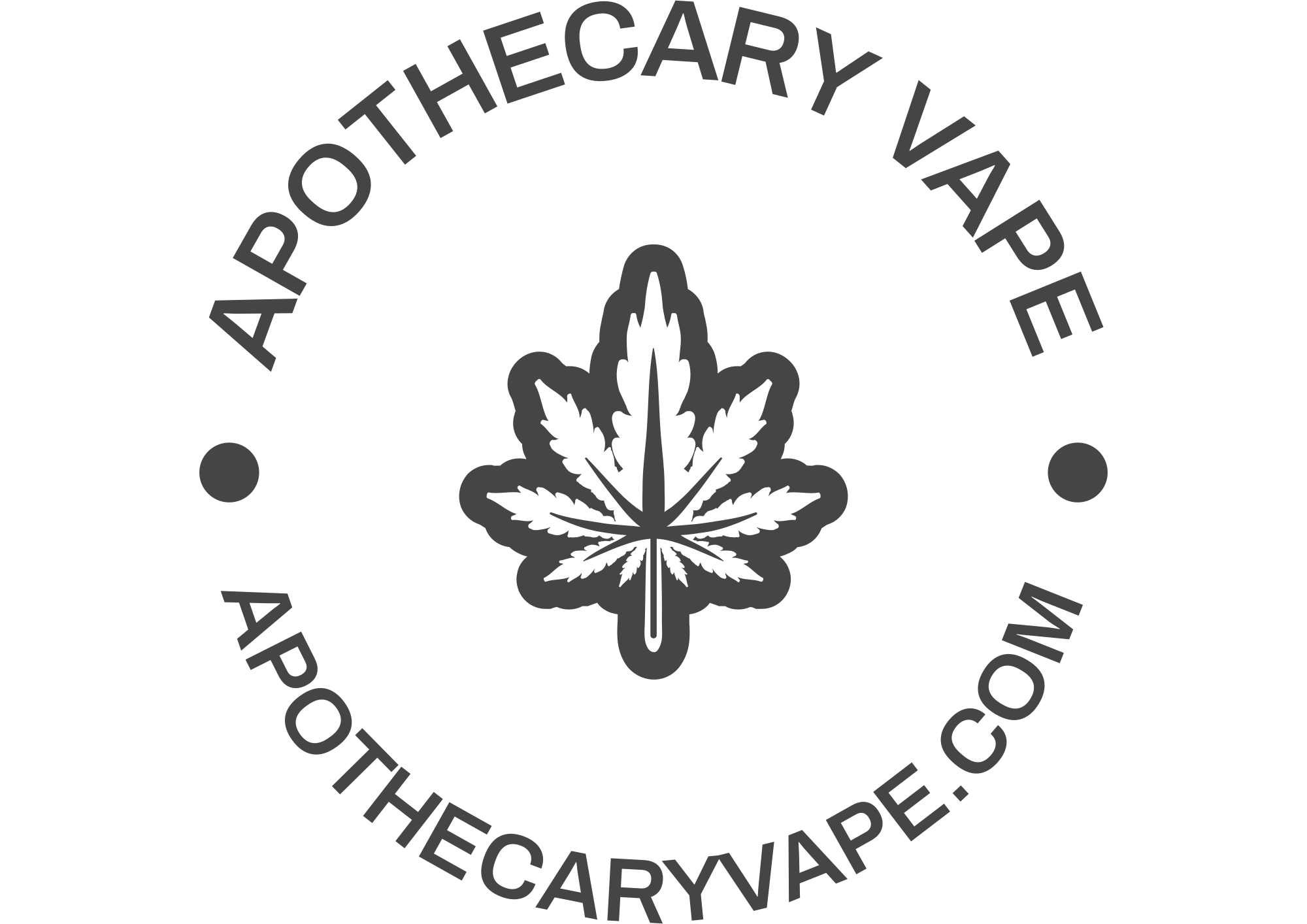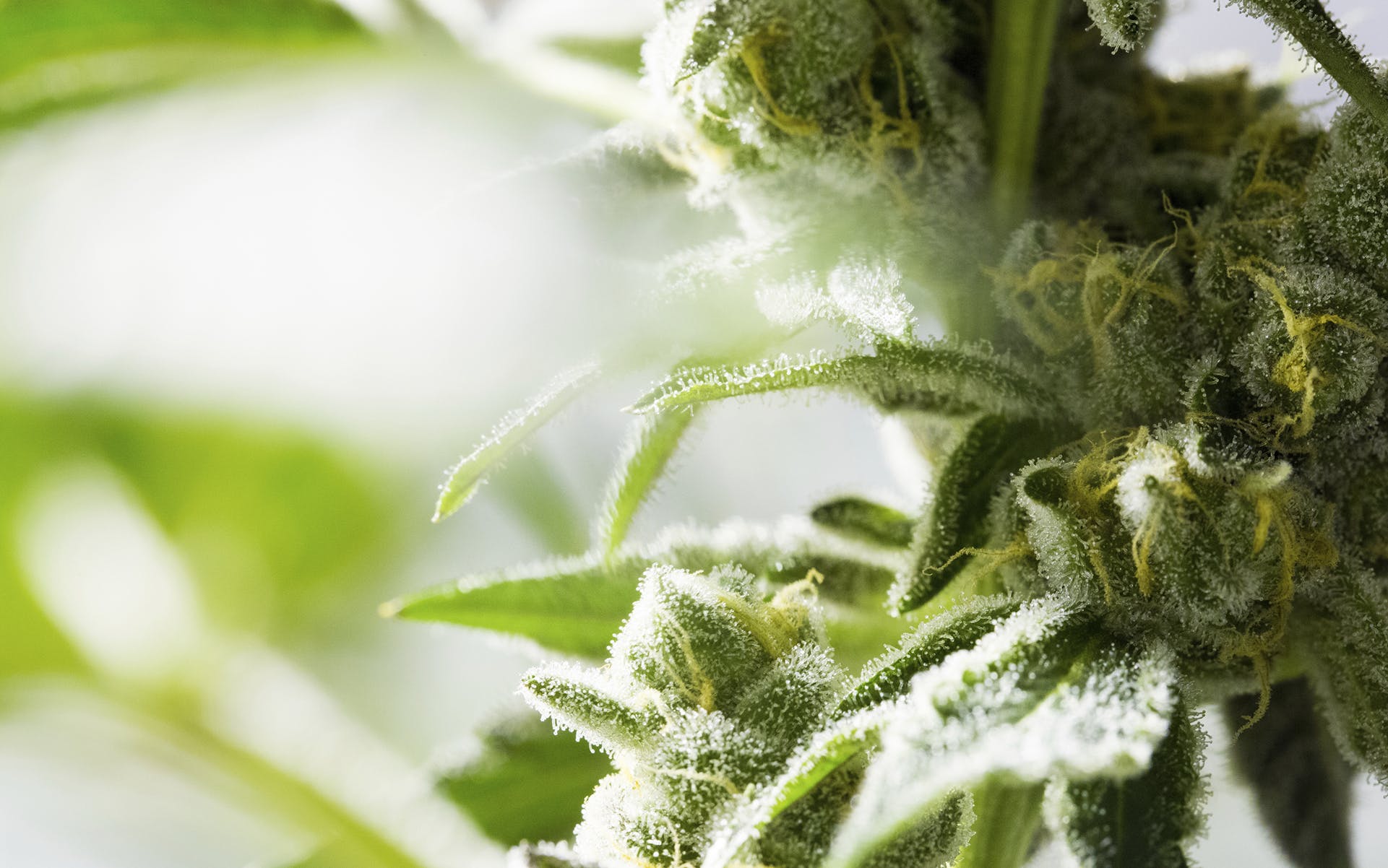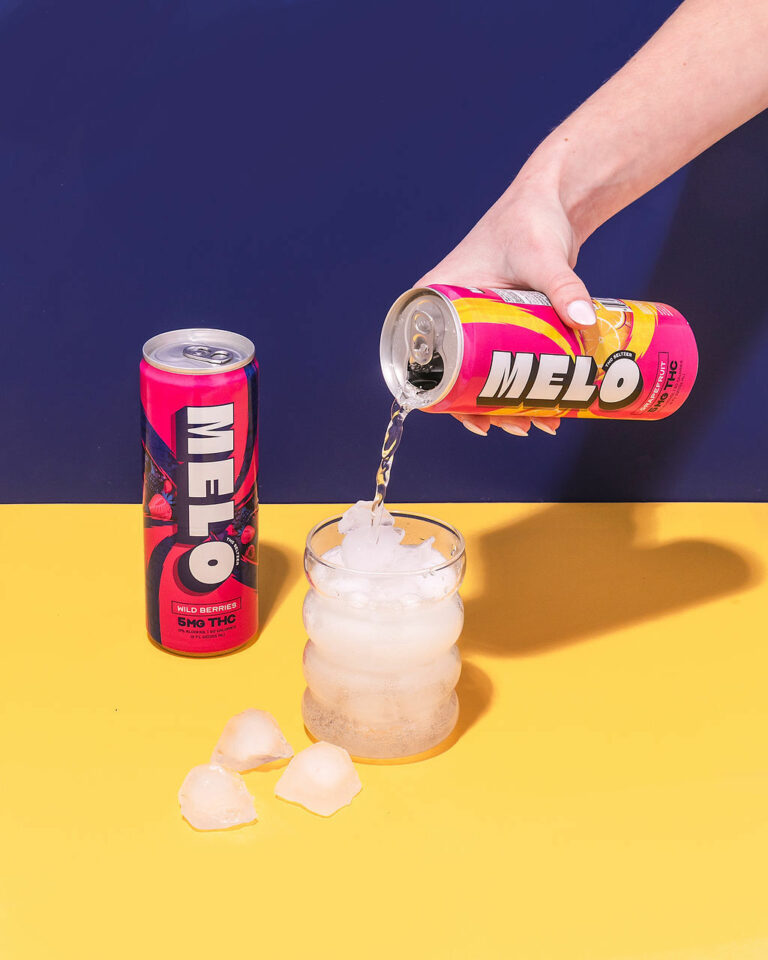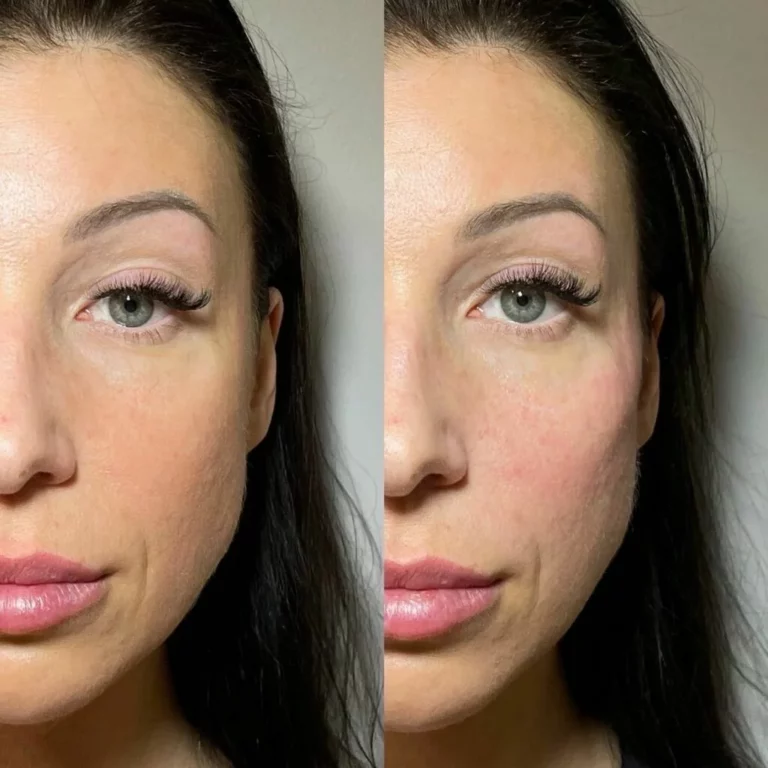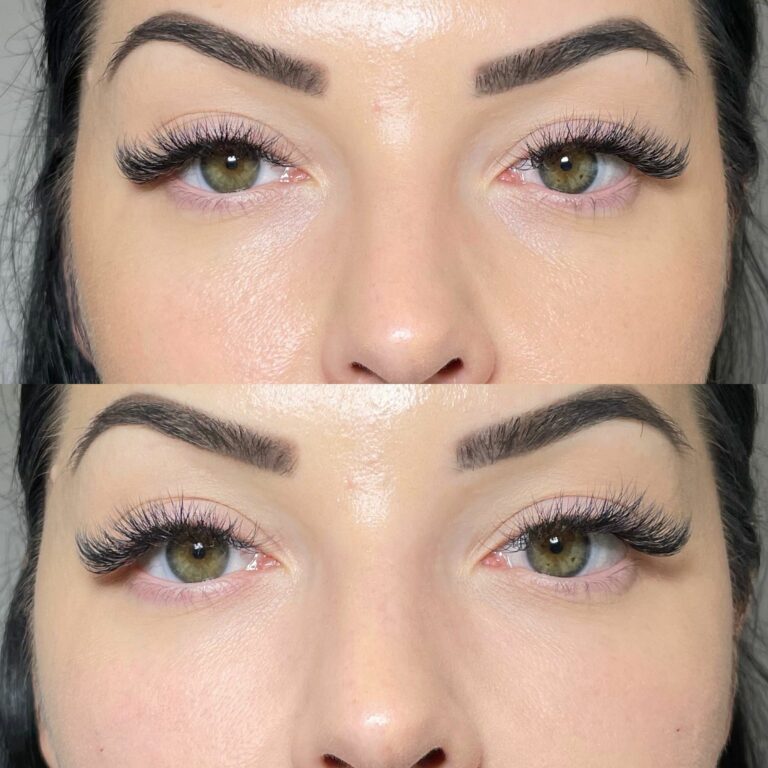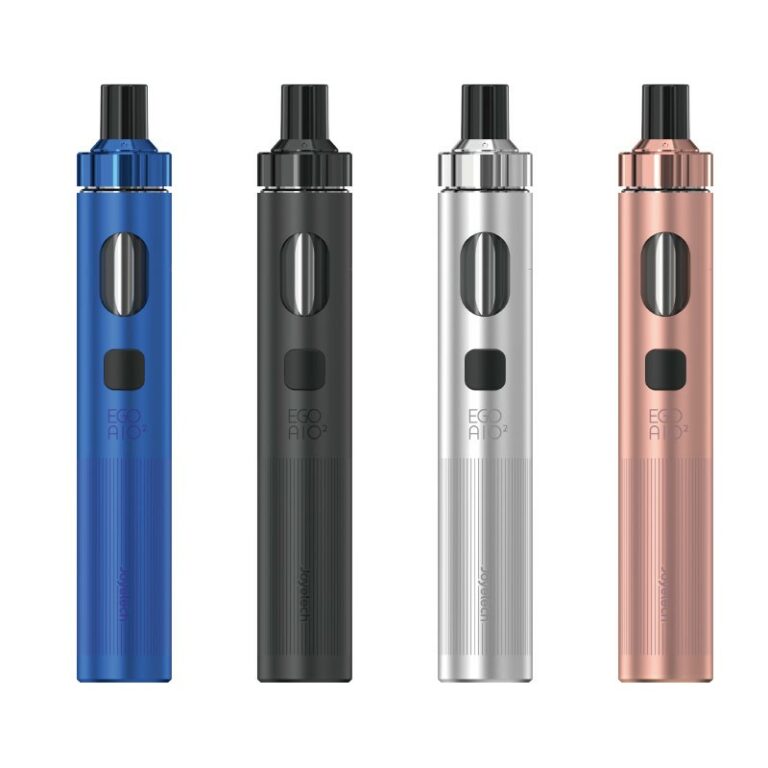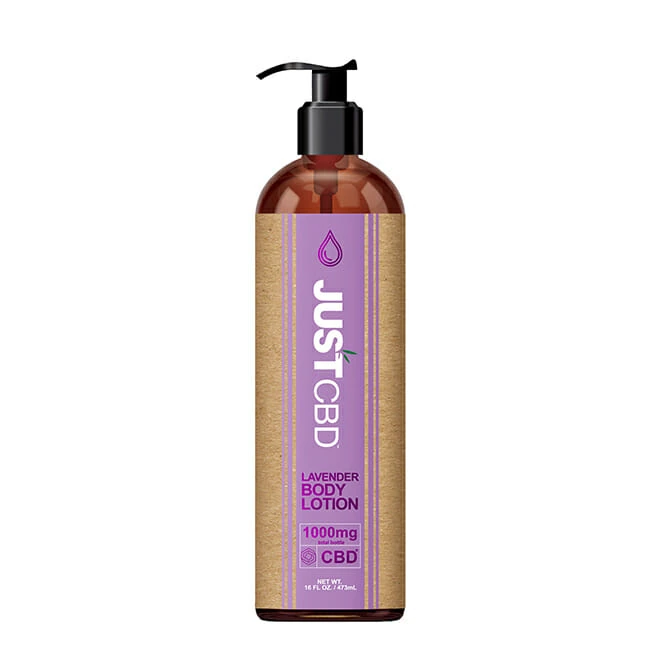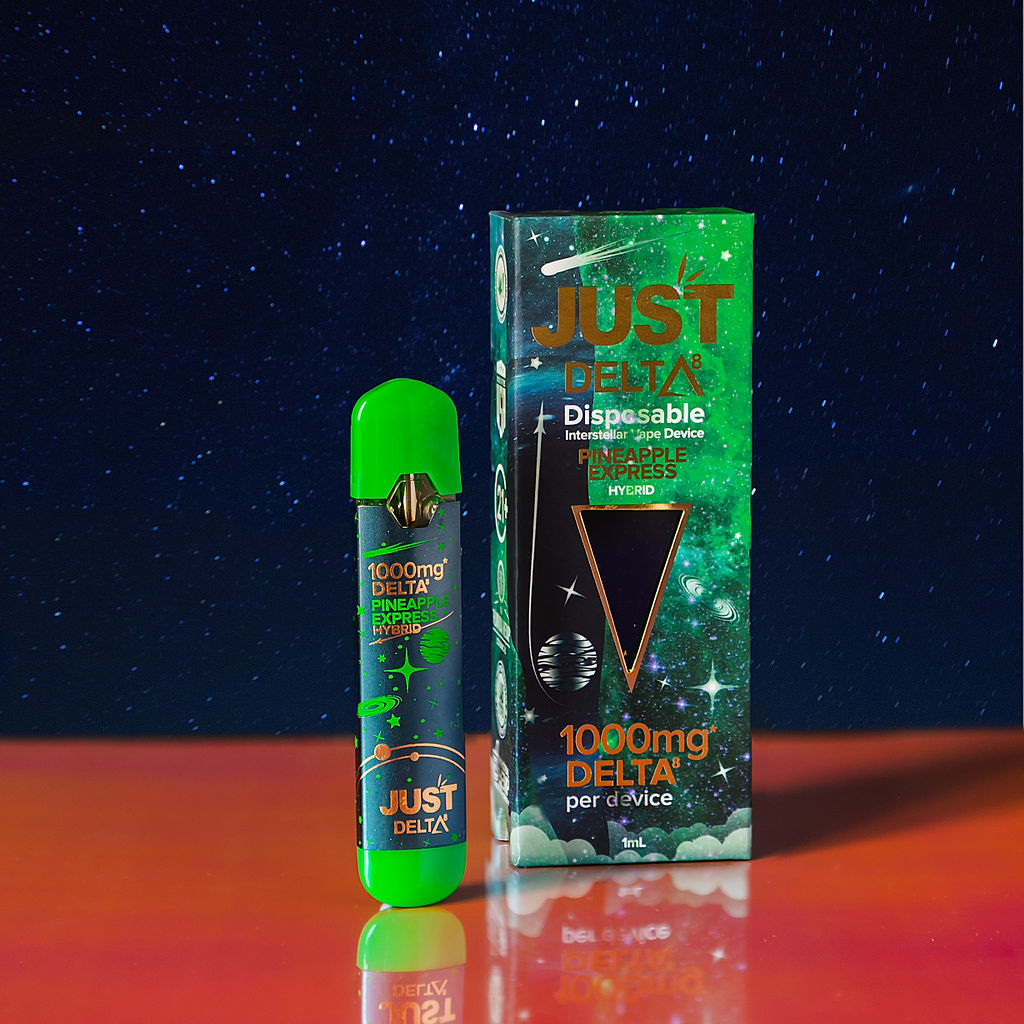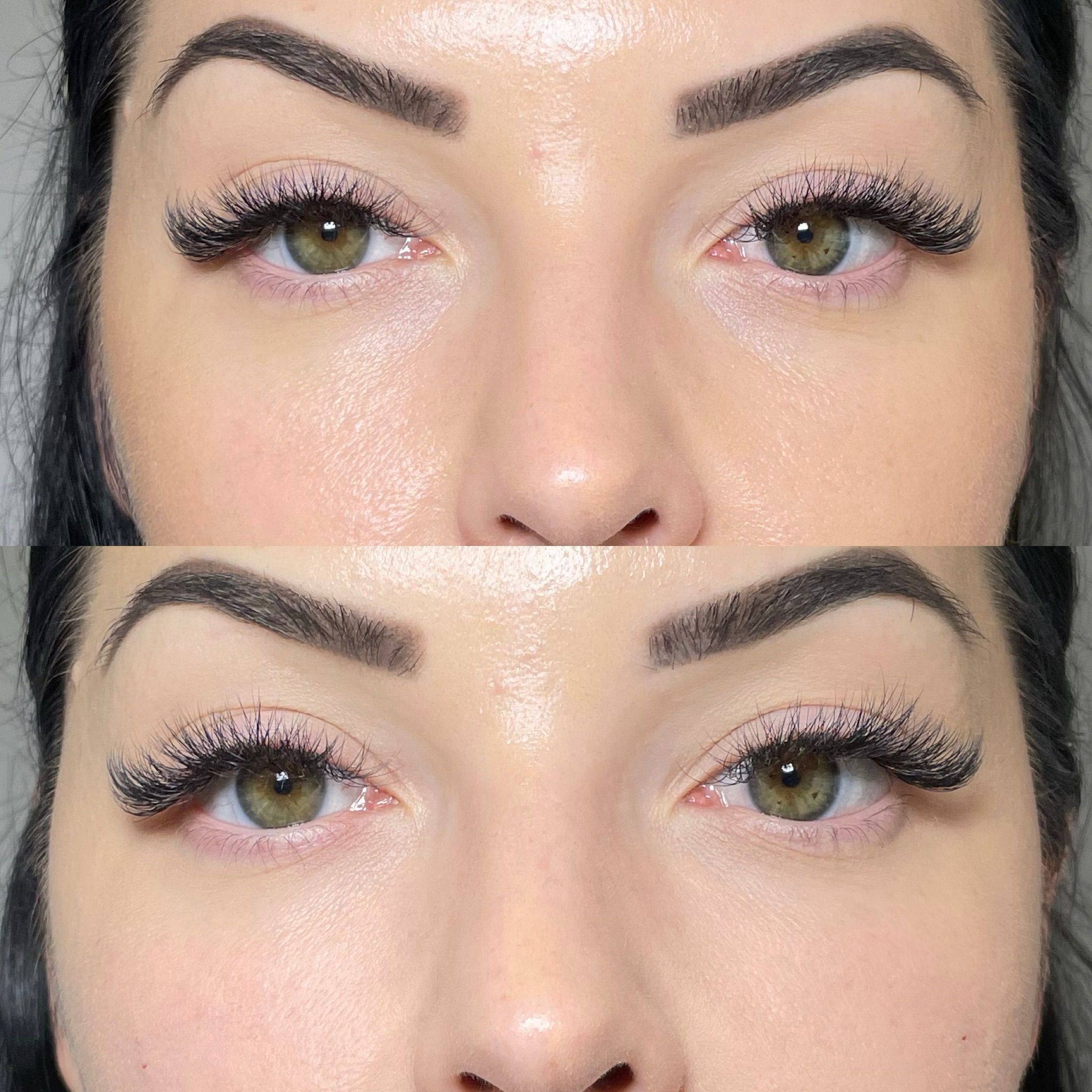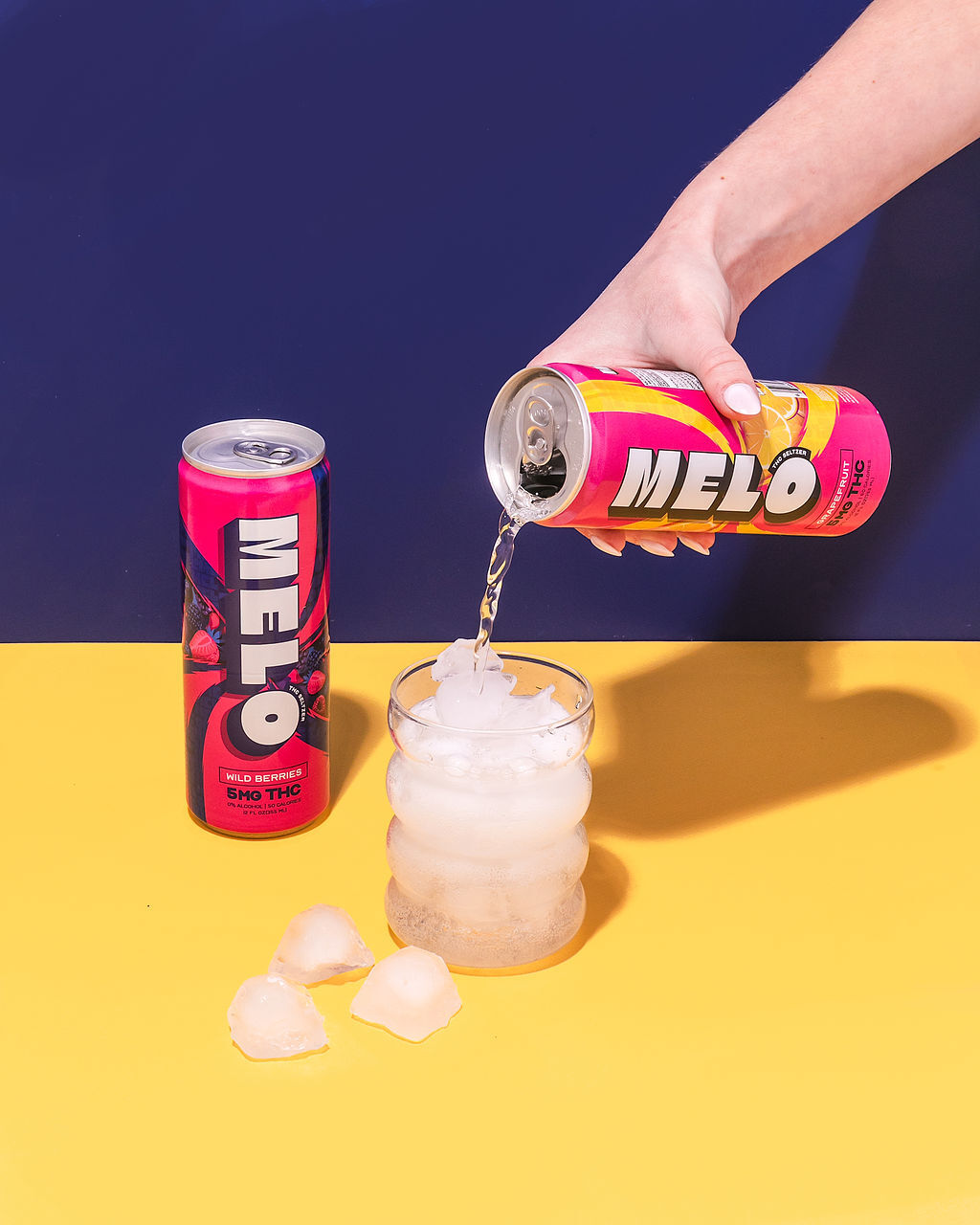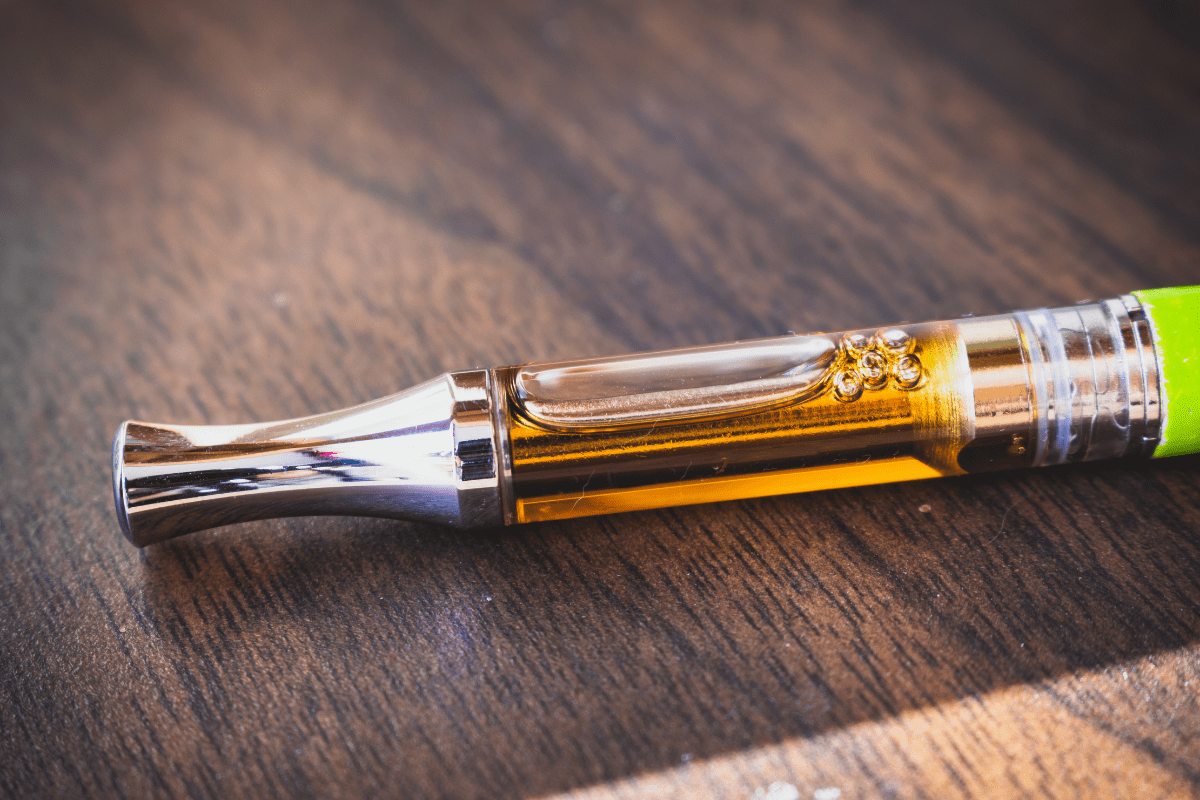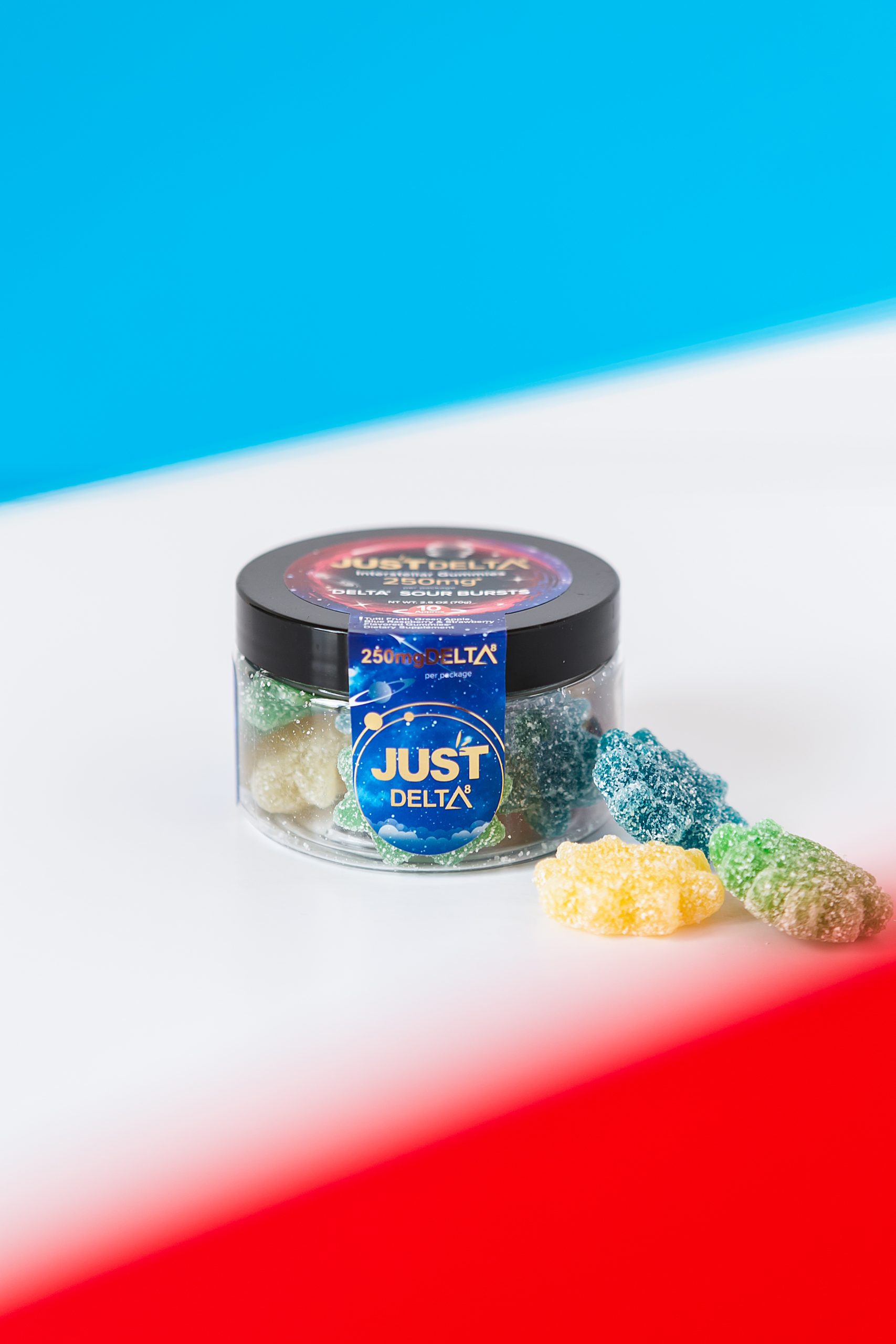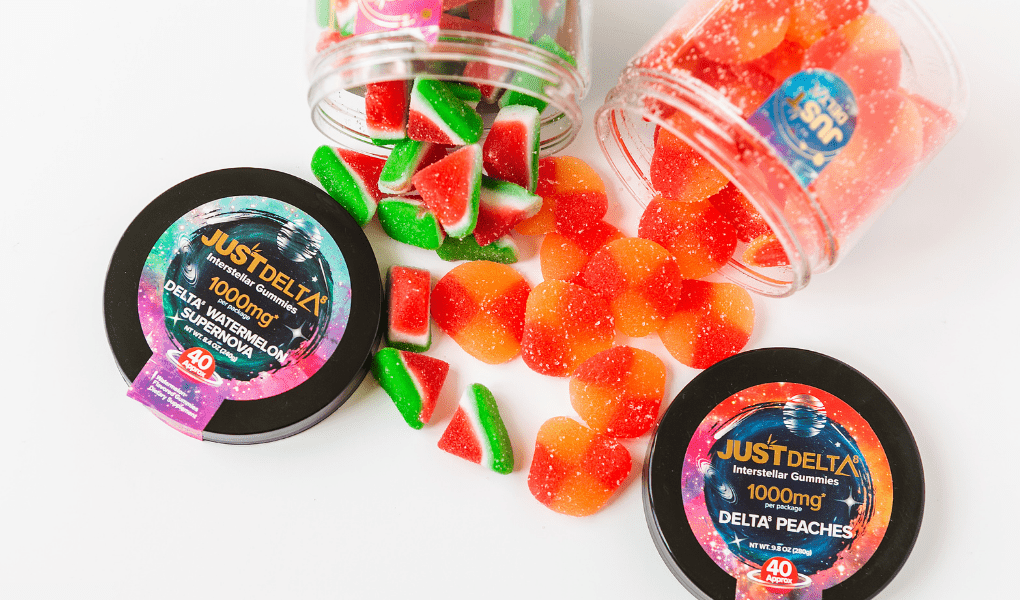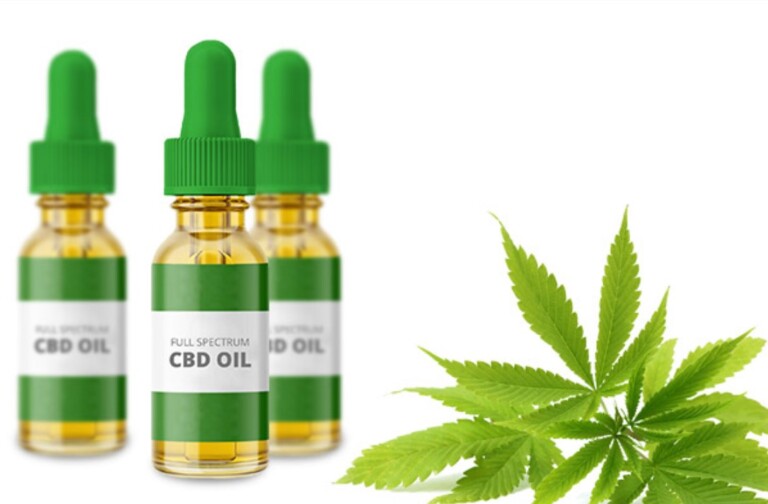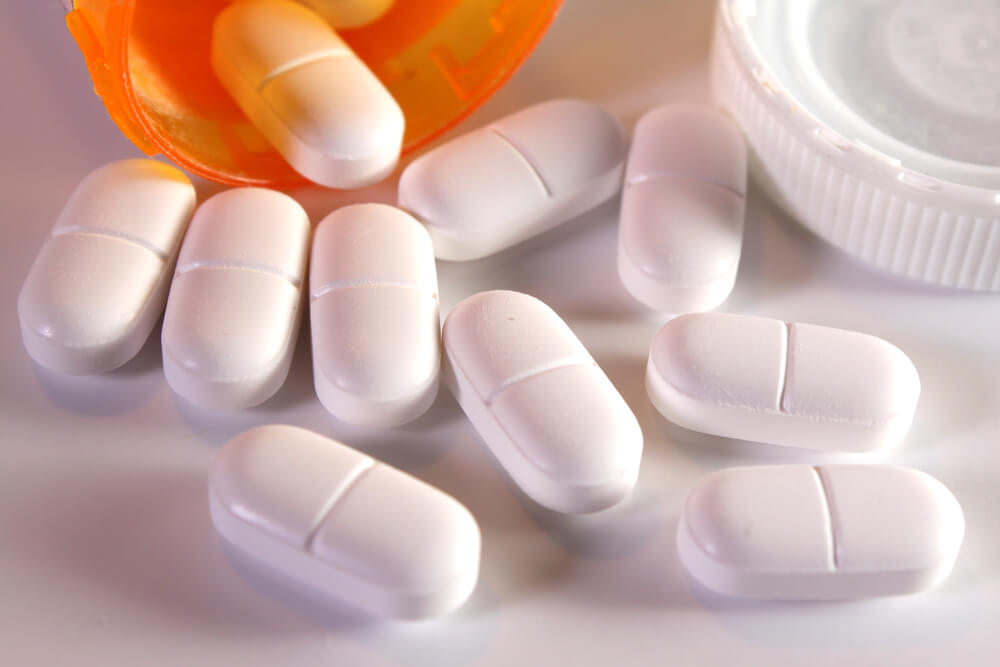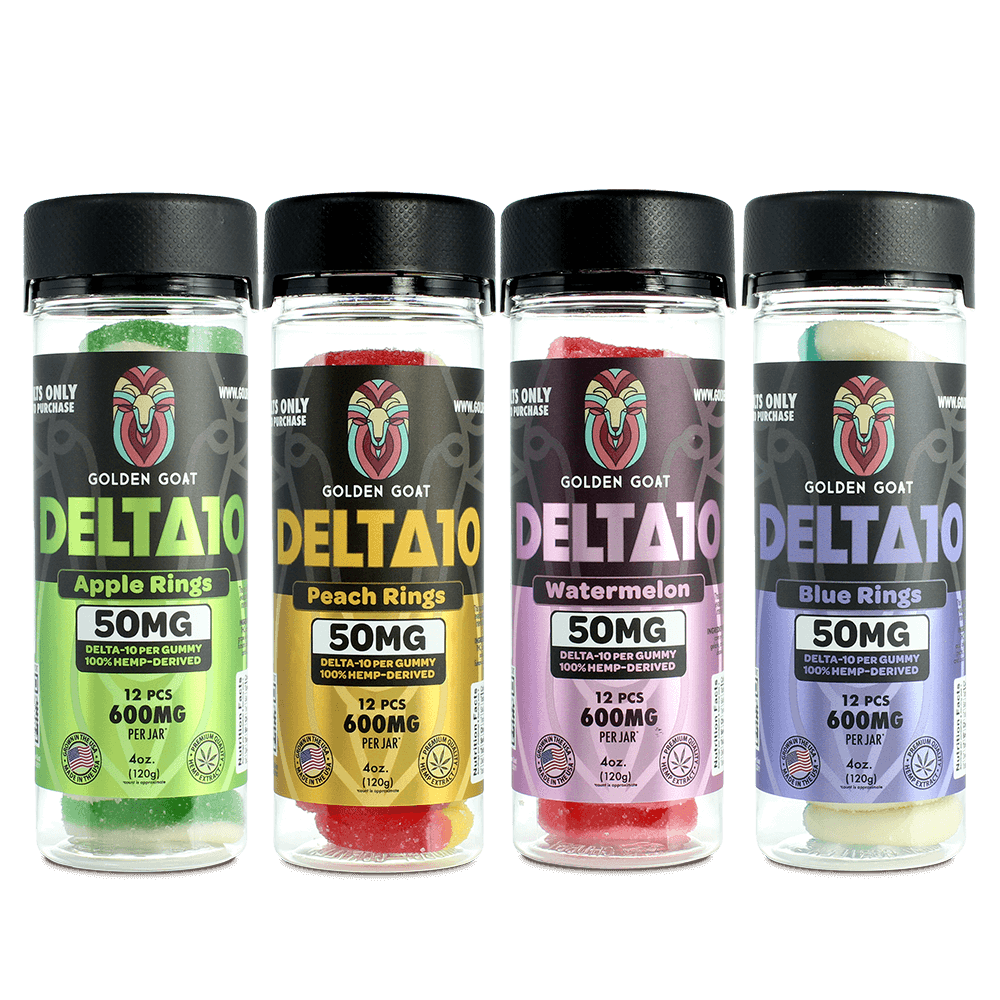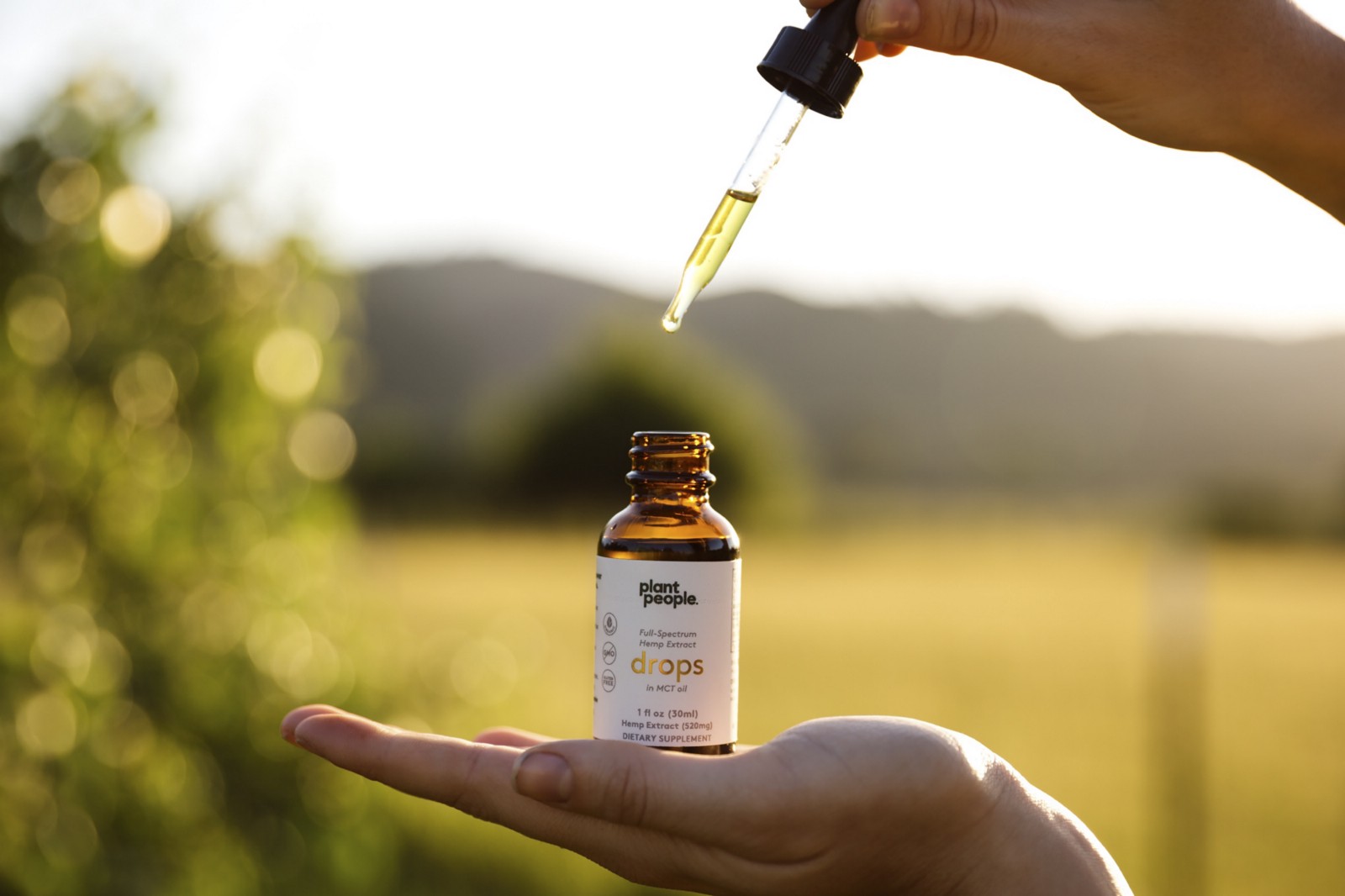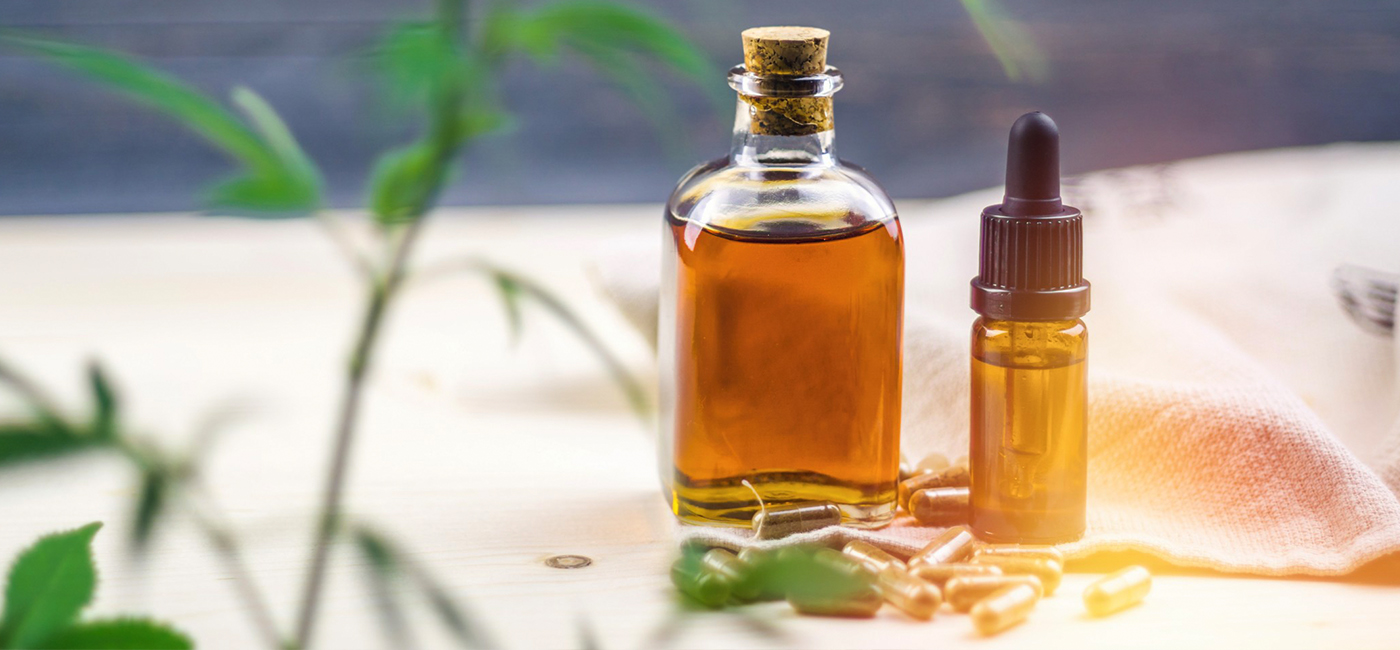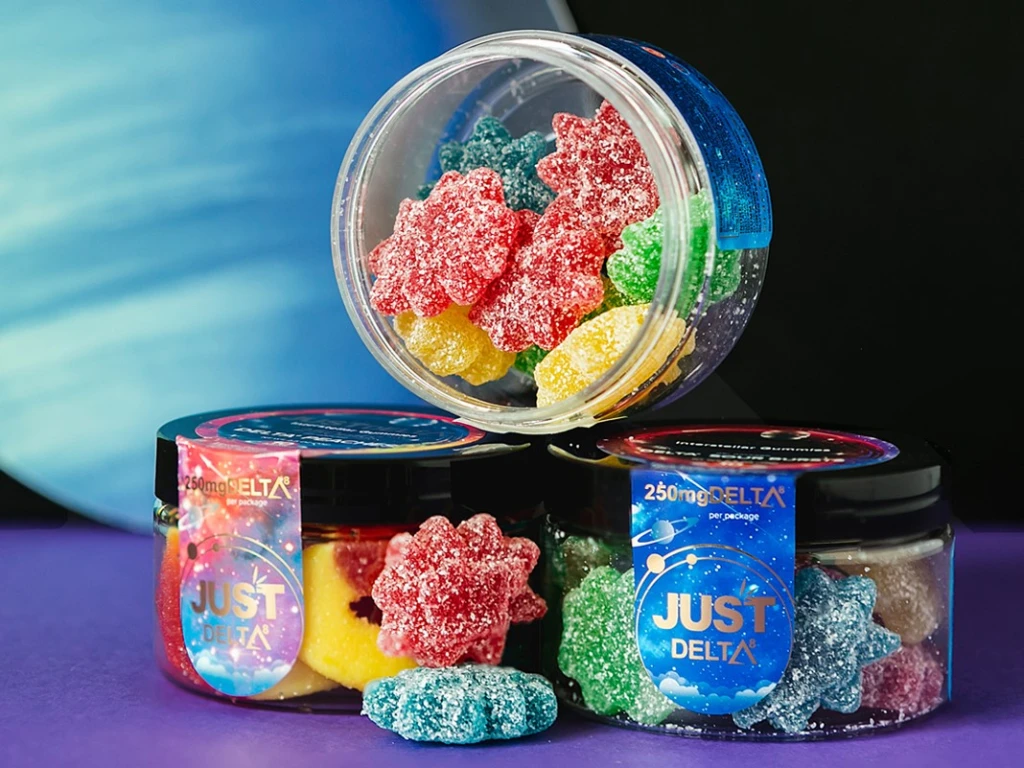Cannabis has been used for various purposes for thousands of years, but it is only in recent times that its individual compounds have been studied and understood. Two of the most prominent cannabinoids found in the cannabis plant are cannabidiol (CBD) and delta-9-tetrahydrocannabinol (THC). While they originate from the same source, they have distinct properties and effects on the human body. This comprehensive guide aims to explore the differences between CBD and THC in terms of their chemical makeup, effects, legality, medical applications, and potential side effects.
CBD (Cannabidiol)
CBD is a non-psychoactive cannabinoid, meaning it does not produce the intoxicating “high” commonly associated with marijuana use. It is primarily extracted from hemp plants, which contain low levels of THC, and has become popular for its potential therapeutic properties. CBD interacts indirectly with the endocannabinoid system (ECS) by stimulating the production of endocannabinoids and affecting receptor activity.
Chemical Makeup
- CBD has the same molecular formula as THC: C21H30O2. However, the atoms are arranged differently, resulting in distinct effects on the body.
Effects
- Relaxation and Anxiety Reduction: CBD is known for promoting relaxation and potentially reducing anxiety without causing intoxication.
- Pain Relief: Studies suggest that CBD may have analgesic properties, helping to alleviate various types of pain, including neuropathic and inflammatory pain.
- Anti-Inflammatory: CBD’s anti-inflammatory effects make it valuable in managing conditions like arthritis and other inflammatory disorders.
- Potential Anti-Epileptic Effects: Epidiolex, an FDA-approved medication containing CBD, has shown efficacy in treating severe forms of childhood epilepsy.
THC (Delta-9-Tetrahydrocannabinol)
THC is the primary psychoactive compound in cannabis, responsible for the euphoria or “high” associated with marijuana use. It binds directly to cannabinoid receptors in the brain and nervous system, primarily activating the CB1 receptors.
Chemical Makeup
- THC’s molecular formula is also C21H30O2, but its unique arrangement leads to its psychoactive effects.
Effects
- Euphoria and Altered Perception: THC consumption can lead to altered perception, mood changes, and euphoria.
- Appetite Stimulation: THC is known to increase appetite, commonly referred to as “the munchies.”
- Pain Relief: Similar to CBD, THC also possesses analgesic properties, making it beneficial for pain management.
- Nausea and Vomiting Relief: THC has been used to alleviate chemotherapy-induced nausea and vomiting in cancer patients.
Psychoactive Effects: CBD vs. THC
One of the most significant differences between CBD and THC is their psychoactive effects:
- CBD: CBD does not produce any intoxicating or mind-altering effects. Users can experience relaxation without feeling “high” or impaired.
- THC: THC is highly psychoactive, leading to altered perception, euphoria, and changes in mood and cognition. This psychoactive property is what makes THC a controlled substance in many regions.
Legal Status
The legal status of CBD and THC varies significantly worldwide:
- CBD: Due to its non-psychoactive nature and potential health benefits, CBD has been legalized in many countries, including the United States (with certain restrictions). However, laws regarding CBD may vary from state to state, so it’s essential to check local regulations before purchasing or using CBD products.
- THC: THC’s psychoactive nature makes its legal status more complex. Many countries have strict laws surrounding THC, classifying it as a controlled substance. However, in some regions and states, it has been legalized for medicinal and/or recreational use.
Medical Applications: CBD and THC
Both CBD and THC have demonstrated potential therapeutic applications, although they target different health conditions:
- CBD: Research suggests that CBD may be beneficial for various medical conditions, such as:
- Pain Management: CBD has shown promise in managing chronic pain conditions by interacting with pain receptors and reducing inflammation.
- Anxiety and Depression: Some studies suggest that CBD may have anxiolytic and antidepressant effects, potentially helping individuals with anxiety disorders and depression.
- Epilepsy: Epidiolex, an FDA-approved CBD-based medication, has shown efficacy in treating severe forms of childhood epilepsy, such as Dravet syndrome and Lennox-Gastaut syndrome.
- Neurological Disorders: CBD is being investigated for its potential in managing neurodegenerative conditions like Parkinson’s and Alzheimer’s disease.
- Acne and Skin Conditions: Topical CBD products may have anti-inflammatory properties that could benefit individuals with acne and certain skin conditions.
- THC: THC’s medical applications primarily revolve around pain relief, appetite stimulation (useful for patients undergoing chemotherapy), and managing symptoms associated with certain medical conditions.
- Pain Relief: THC’s analgesic properties may help alleviate chronic pain conditions, especially when combined with CBD.
- Nausea and Vomiting: THC has been used to combat chemotherapy-induced nausea and vomiting in cancer patients.
Potential Side Effects
Both CBD and THC are generally considered safe when used responsibly, but they may still produce some side effects:
- CBD: Side effects of CBD are typically mild and infrequent, including fatigue, dry mouth, and changes in appetite. It is crucial to note that CBD may interact with certain medications, so consulting a healthcare professional is recommended before use.
- THC: THC is more likely to produce side effects, especially when consumed in high doses or by individuals sensitive to its psychoactive effects. Common side effects include anxiety, paranoia, increased heart rate, impaired memory, and coordination issues. Additionally, THC may not be suitable for pregnant or breastfeeding women due to potential effects on fetal development.
Conclusion
CBD and THC are two distinct compounds found in the cannabis plant, each with unique properties, effects, and applications. CBD is non-psychoactive and has gained popularity for its potential therapeutic benefits, while THC is psychoactive and sought after for its recreational effects and potential medical applications. Understanding the differences between CBD and THC is essential for individuals considering the use of cannabis-derived products for health or recreational purposes. As research in this field continues to evolve, it is essential to stay informed about the latest findings and consult with healthcare professionals before incorporating any new substance into your wellness routine.
